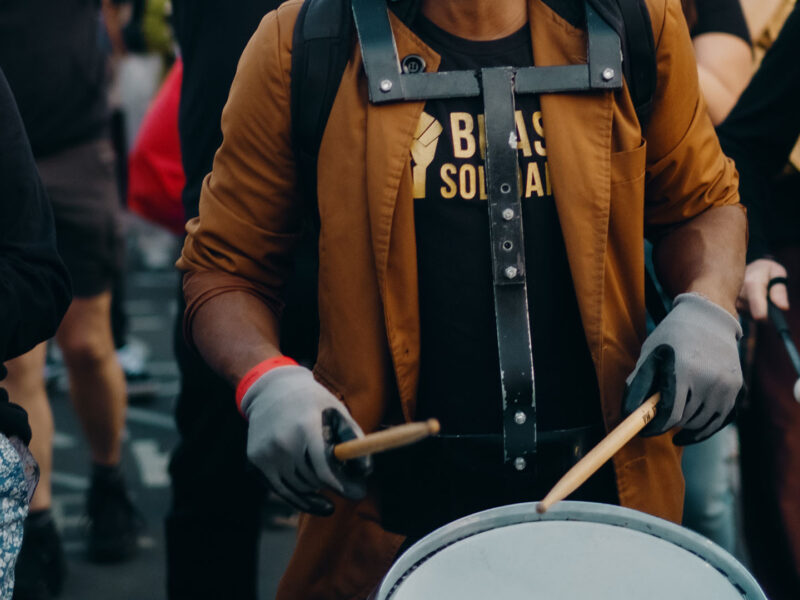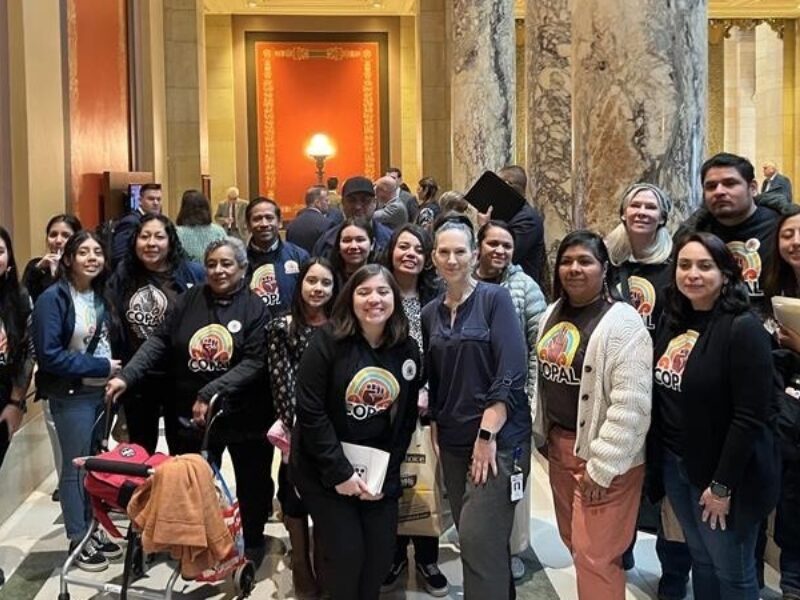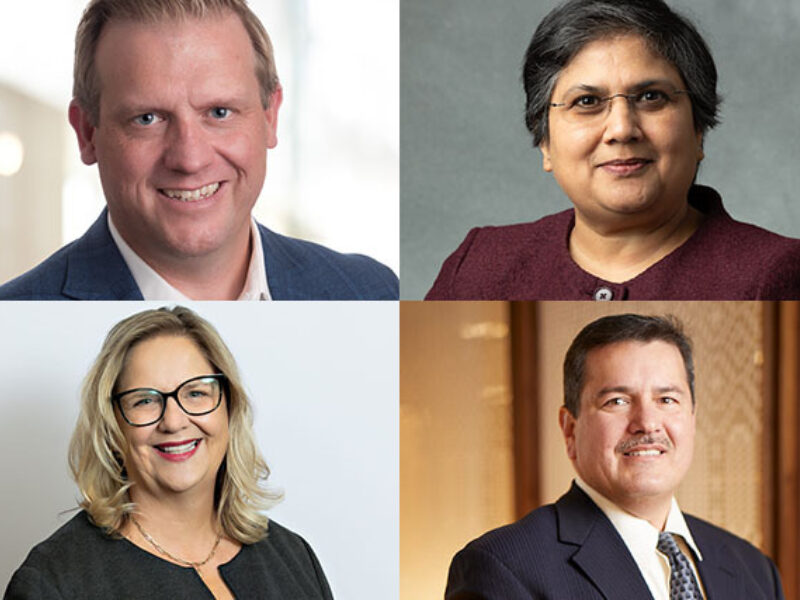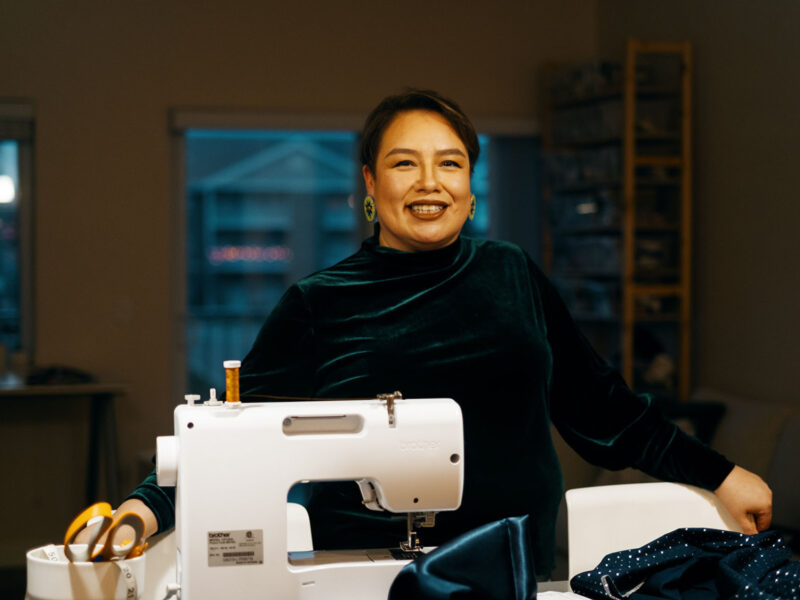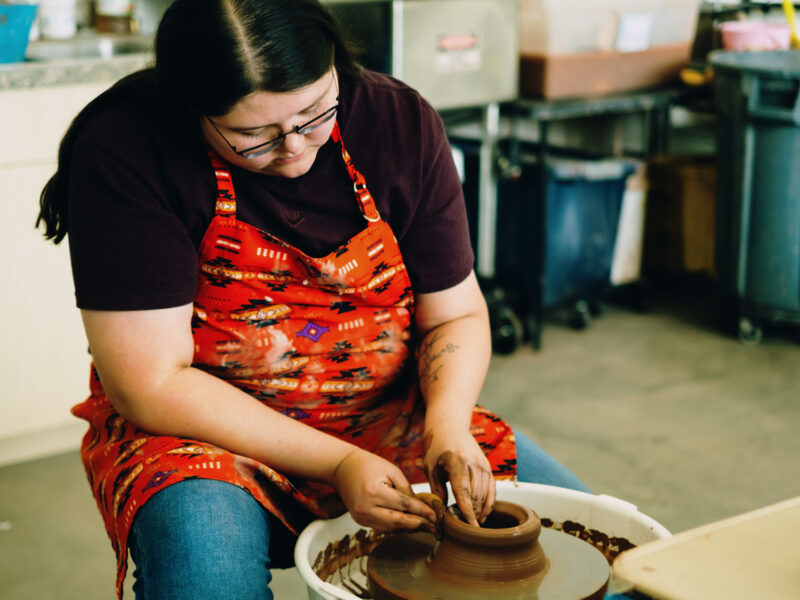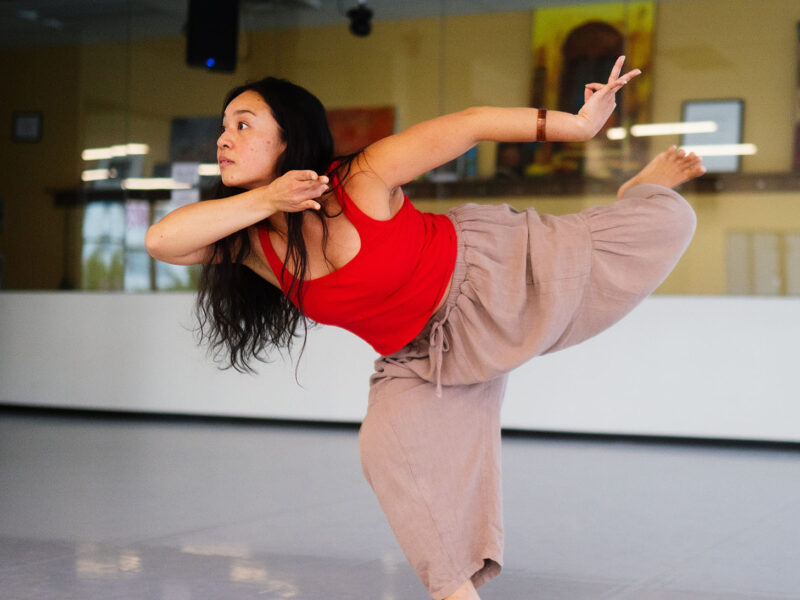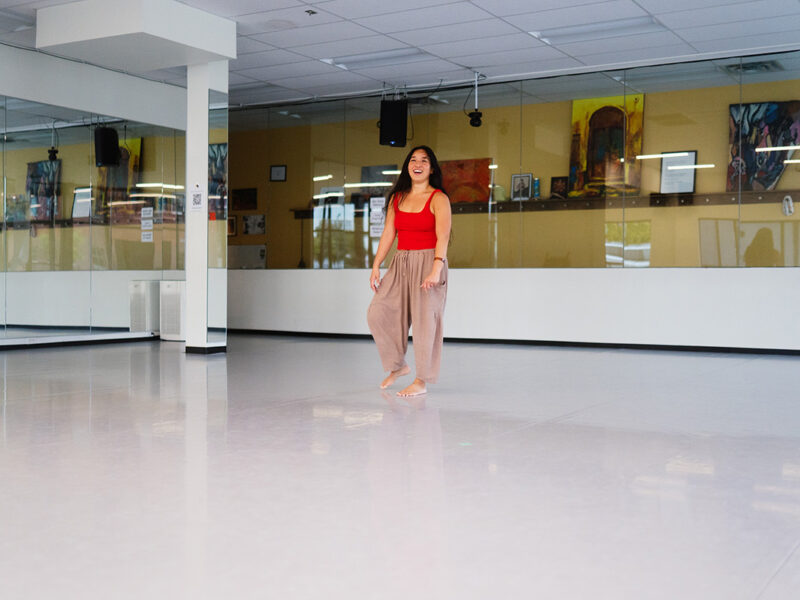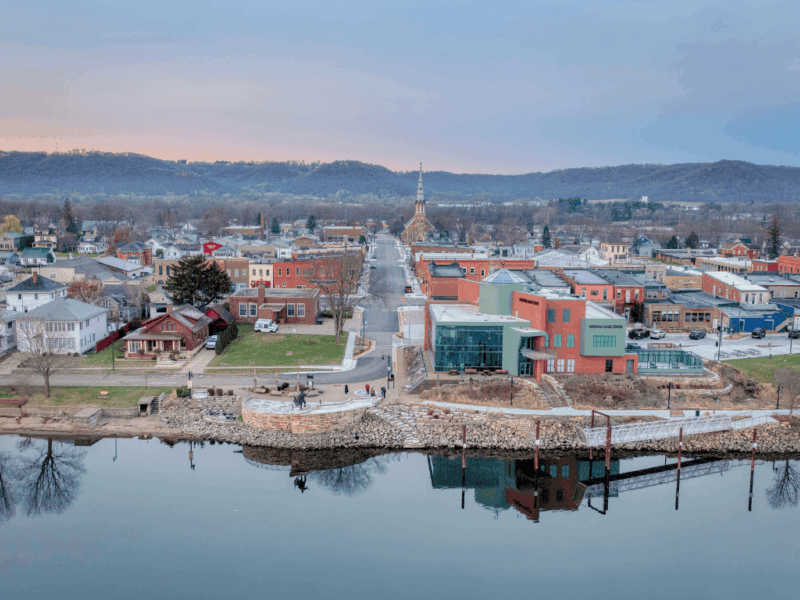Learn how a partnership between the Saint Paul & Minnesota Foundation and technical assistance partners supports East Metro Main Street Economic Revitalization Program applicants and recipients.
Many lives have changed in the last few years in part due to the COVID-19 pandemic and civil unrest, including the lives and outlooks of business owners and nonprofit leaders.
To help support these community institutions, the Saint Paul & Minnesota Foundation partnered with the Department of Employment and Economic Development (DEED) to provide financial assistance to entrepreneurs through the East Metro Main Street Economic Revitalization Program.
The East Metro Main Street Economic Revitalization Program will distribute $7 million in state funding to businesses and nonprofit organizations in the East Metro. This includes the Snelling-University-Rice Cultural District, the East Side community and along West Seventh Street.
To help carry out this work, the Foundation partnered with four technical assistance (TA) partners. TA partners are organizations that have connections to these specific geographic areas, and are culturally knowledgeable on how to work best with individuals of certain ethnic and socioeconomic backgrounds.
“It became clear quickly that we needed to have technical assistance partners to help not just add capacity and expertise, but community connections.”
Anne Hoyt Taff, former Vice President of Partnerships

The role of the TA partners is to work with applicants, free of charge, throughout the application and review process. After the grants are awarded, the partners continue to help grant recipients with program compliance, securing grant payments and final reporting.
The organizations we partnered with included:
These organizations provided valuable knowledge, feedback and support that complemented the work of the Foundation's Community Impact Team.
Partnership Process
“It's our job as the Foundation to take the learnings and teachings from not just the technical assistance partners, but the businesses themselves,” said Anne Hoyt Taff, former Vice President of Partnerships.
Technical assistance partners Cameran Bailey, director of development for NEOO Partners, Inc., and Va-Megn Thoj, executive director of AEDA, provided support that isn’t often found in the traditional business marketplace. This included insight and expertise on how to design the grant program and its outreach to suit the needs of their communities, as well as guidance on how to be equitable and inclusive.
“The TA work we do is much more than just the numbers,” said Cameran. “We all have a cultural, geographical and socioeconomic background similar to the people we have worked with, and are able to connect with them as people. I think it goes to the Foundation's credit in terms of who they selected as technical assistance partners for this work.”
In addition to helping applicants apply for DEED funding, TA partners have also assisted the reviewing committee in selecting over 40 grantees to receive funding.
Program Learnings
One of the learnings the TA partners shared from this experience is that they gained a better understanding of their community members’ resilience. In many cases, small business owners were willing to give up everything they had to help their businesses survive and thrive. This often means making short-term decisions that tend to have lifelong effects.
“Part of the change we want to see as TA providers is for underserved entrepreneurs to have access to greater support,” said Va-Megn. “One of the applicants we helped wanted to increase his capacity to serve more customers at his restaurant. He's gotten some support in the past from other community funders, but it was never enough.”
The restaurant owner was interested in applying for Main Street dollars, but unsure how he would secure the matching funds required by the Main Street Economic Revitalization Program legislation. He even considered liquidating some retirement funds.
To help make this entrepreneur's dream a reality, Va-Megn reached out to the Foundation to see what other assistance was available to help this individual, as well as other grant recipients, secure matching funds. By working in partnership with financial and philanthropic institutions, the Foundation built a funding pool that allowed applicants to access critical state dollars without putting themselves in more precarious financial positions.
“Part of the change we want to see as TA providers is for underserved entrepreneurs to have access to greater support.”
Va-Megn Thoj, AEDA executive director

Cameran’s goal for the East Metro Main Street Economic Revitalization Program is that it will prevent businesses and organizations from having to liquidate retirement accounts or take out equity loans or second mortgages on property to keep their businesses afloat.
“This whole program and moment in time are really an opportunity to help disrupt that emergency, long-term trend or cycle of effects,” Cameran said. “In a lot of ways, this program has removed a lot of the work that comes with being a TA provider to really allow us to focus on the person or the persons across the table from us in these meetings. We are also able to convene with a large cohort across all clients and other providers.”
For Va-Megn, his hope is that these grantees will continue to seek out the resources that are available to them.
“We want their experience to be a positive experience so that they will not turn away from seeking out assistance from us or others as part of this ecosystem.”
Editor’s Note: View the East Metro Main Street Economic Revitalization Program impact report on our website.


